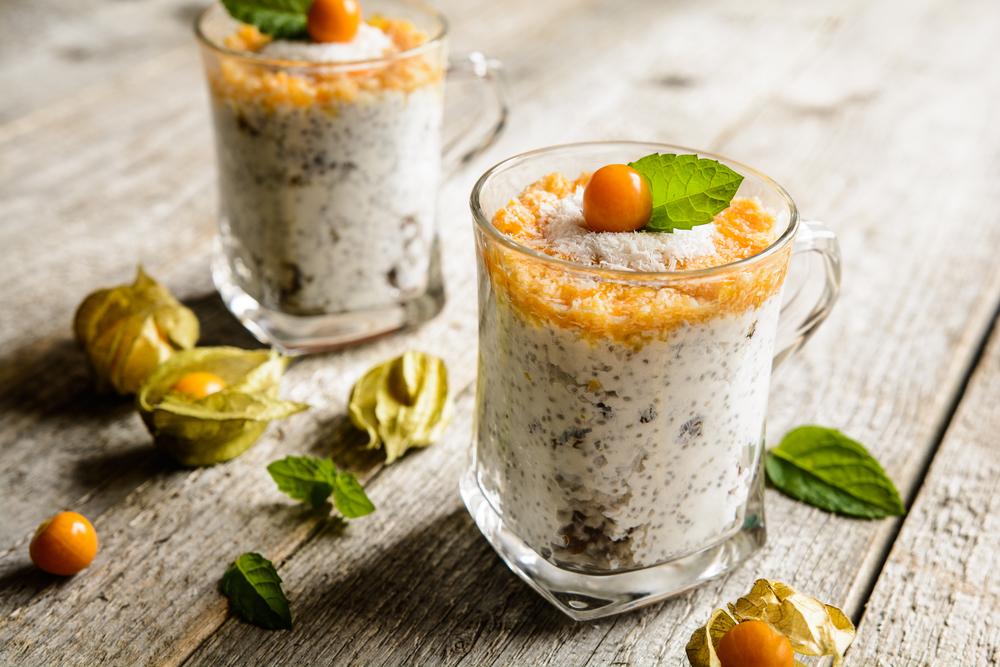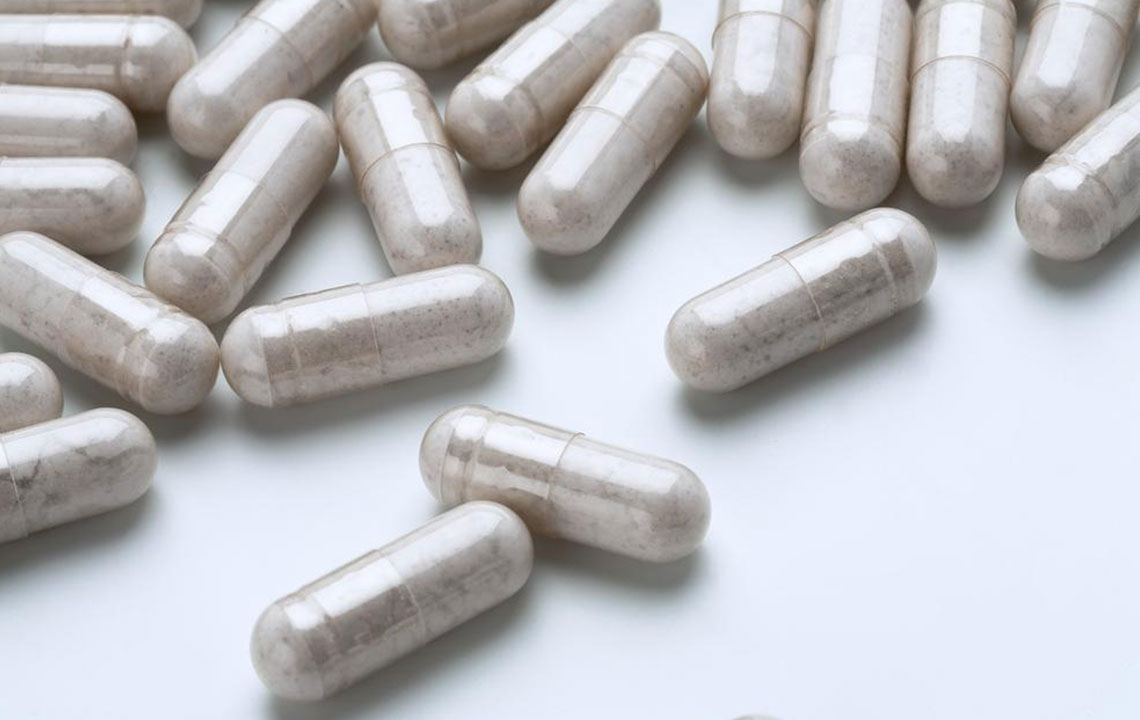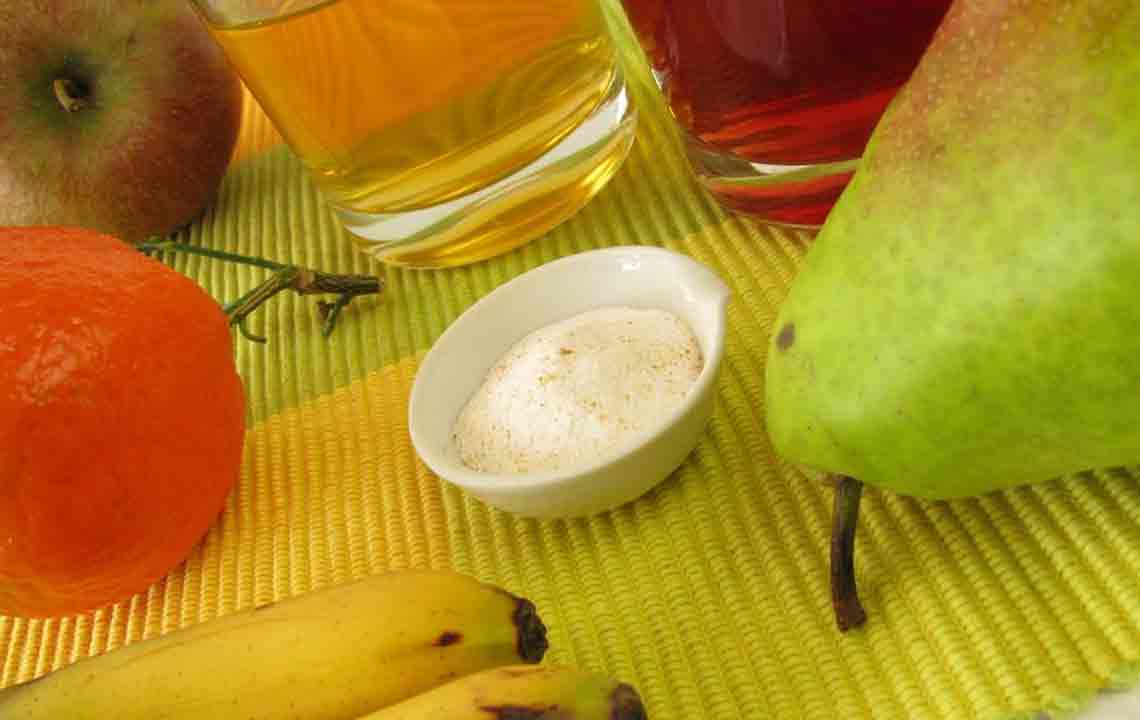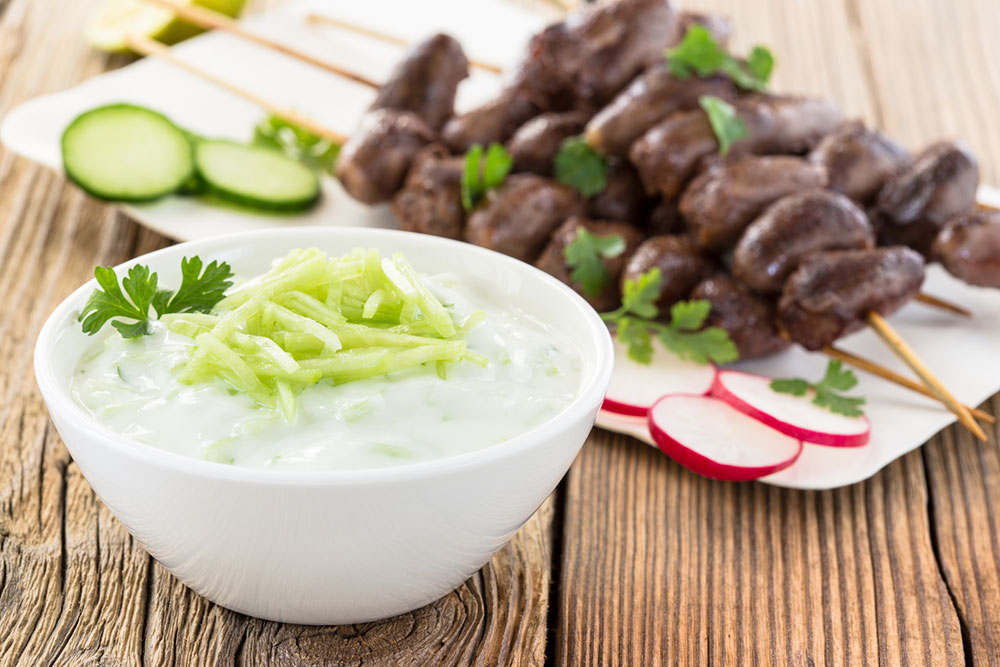Health Advantages of Incorporating Probiotic-Rich Foods
Discover the numerous health benefits of including probiotic-rich foods in your diet. From improved digestion and immune support to weight management and women's health, probiotics offer a natural boost for overall well-being. Learn about top probiotic foods like kefir, kimchi, and pickles, and how they can enhance your health. Consult a healthcare provider before taking supplements to ensure safe consumption. Embrace probiotics for a healthier, balanced lifestyle and optimal digestive health.
Sponsored
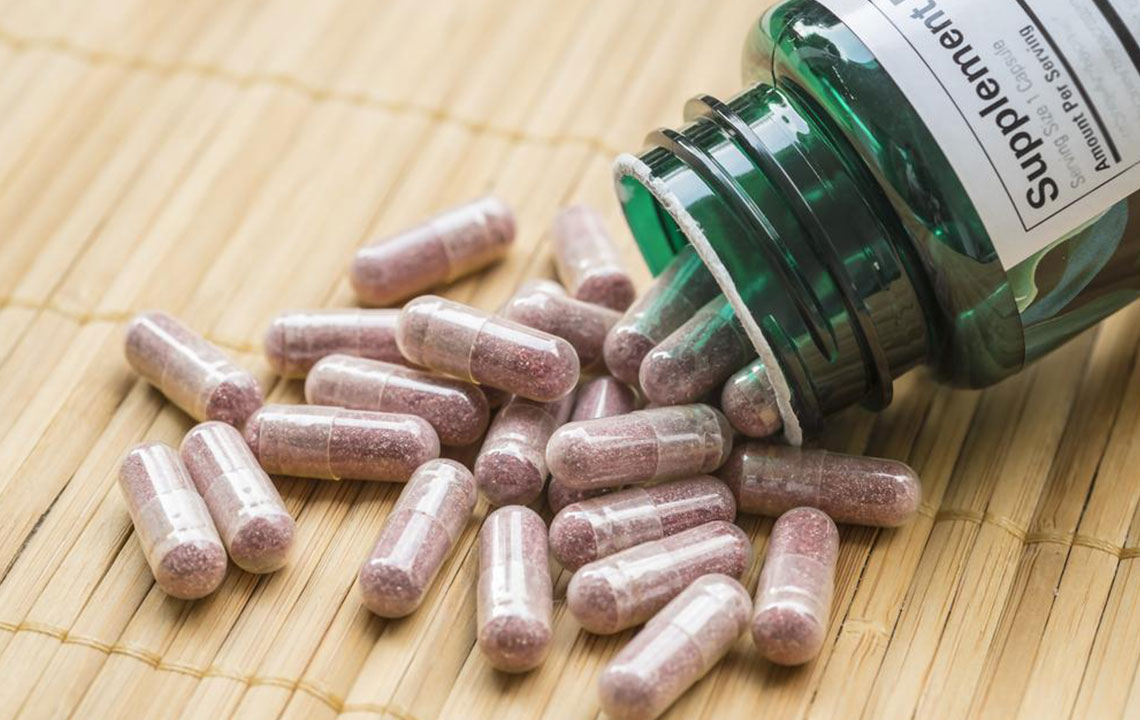
Probiotics are beneficial live microorganisms that support overall health. Our bodies host a mix of good and bad bacteria, and introducing probiotics helps maintain a healthy balance. These beneficial bacteria promote digestion and contribute to overall wellness, helping ward off illnesses. There are various probiotic strains, with Bifidobacterium and Lactobacillus being among the most common. Bifidobacterium is found in certain dairy products and alleviates digestive discomfort, while Lactobacillus, prevalent in fermented foods and yogurt, aids in regulating bowel movements.
Supporting Weight Management – Regular intake of probiotics can promote feelings of fullness, help burn calories, and prevent excess fat storage by inhibiting dietary fat absorption and facilitating elimination through bowel movements. However, it's essential to note that not all probiotics aid in weight loss; some may have the opposite effect.
Strengthening Immune Defense – Probiotics enhance immunity by increasing natural antibody production and limiting harmful bacteria growth in the gut, which helps prevent infections.
Improving Digestive Health – Many experiencing irregular bowel habits find relief with probiotics, as they alleviate bloating, constipation, and abdominal pain.
Supporting Women's Health – Maintaining vaginal bacterial balance is crucial for preventing infections. Pregnant women especially benefit from probiotics, which can help reduce the risk of maternal vaginal infections during pregnancy.
Preventing Urinary Tract Infections – Consistent probiotic consumption can hinder harmful bacteria from entering the urinary tract and encourage beneficial bacteria growth, reducing UTI risks.
Lowering Allergy Symptoms – Probiotics may mitigate allergy severity, especially in children, and pregnant women taking probiotics could see their children having a lower allergy risk later in life.
Here are five probiotic-rich foods:
Pickles – Fermented vegetables like cucumbers and carrots contain healthy probiotics, unlike vinegar-based store-bought pickles.
Soy – Fermented soy products are rich in probiotics and common in Asian cuisine.
Kefir – A fermented dairy drink packed with probiotics, beneficial for bone health and digestion.
Kimchi – A spicy fermented cabbage dish from Korea, loaded with vitamins and probiotics supporting gut health.
Buttermilk – The leftover liquid from butter-making, rich in probiotics, widely consumed in countries like Nepal.
While naturally probiotic foods are ideal, supplements are also available but should be used cautiously after consulting a healthcare professional. Overconsumption may cause stomach issues or allergies. Incorporating probiotic foods is an effective way to boost digestive health and immunity.

